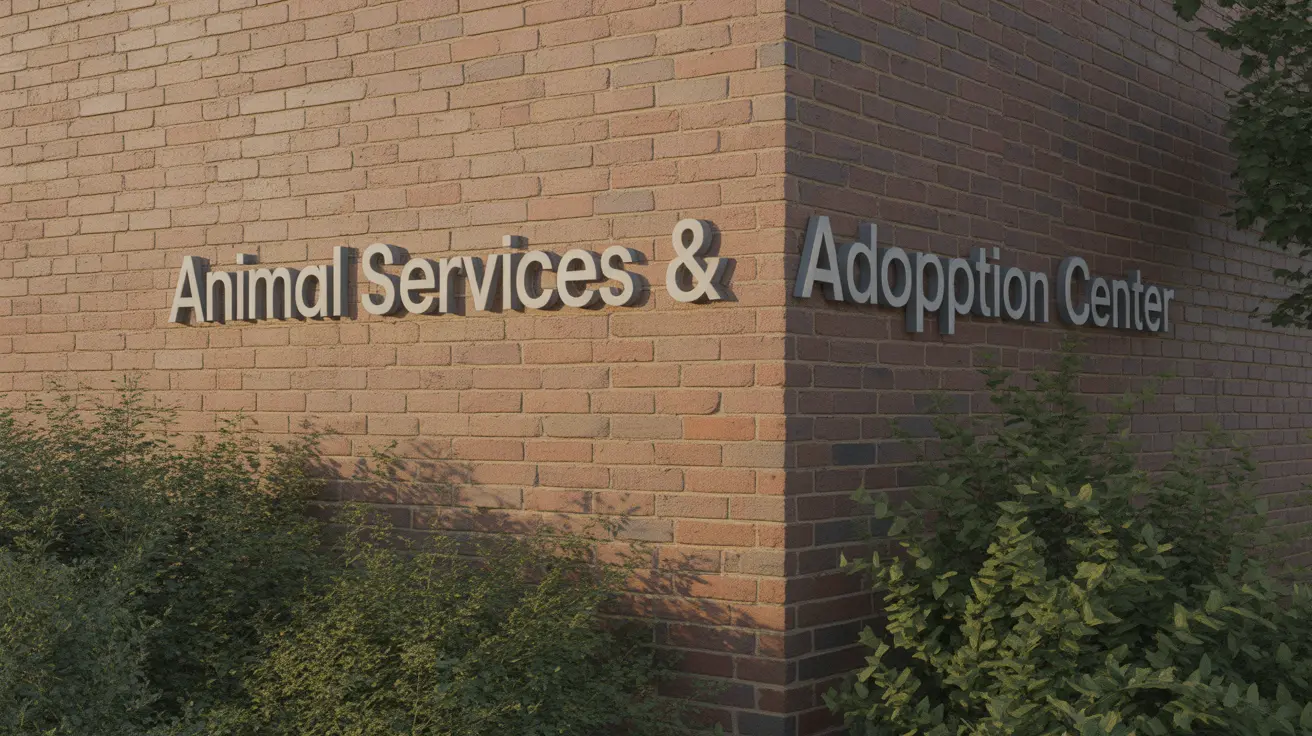Understanding How Long a Dog Can Refuse to Eat
When a dog stops eating, it’s a cause for concern among pet owners. While dogs may skip a meal occasionally without major consequences, prolonged appetite loss can indicate underlying issues. This article explores how long a dog can go refusing food, potential causes, and steps pet owners can take.
General Guidelines for How Long a Dog Can Go Without Eating
A healthy adult dog can typically go without food for
about 24 to 48 hours, provided they are drinking water and acting normally. However, if the dog is a puppy, elderly, pregnant, ill, or showing any accompanying symptoms,
veterinary care should be sought much sooner, often within 12 to 24 hours.
- Puppies: Can become hypoglycemic quickly without food, especially small breeds.
- Senior dogs: May have underlying age-related issues that complicate prolonged fasting.
- Diabetic or ill dogs: Require prompt attention after missing even a single meal.
Common Causes for Loss of Appetite in Dogs
Dogs may stop eating for a wide range of reasons, which can be categorized into medical, dental, behavioral, and environmental causes.
Medical Causes
Illness is the leading reason dogs refuse food, including:
- Infections
- Digestive issues or gastrointestinal blockages
- Liver, kidney, or pancreatic diseases
- Cancer
Dogs showing symptoms such as
vomiting,
diarrhea,
lethargy, or
weight loss require immediate veterinary assessment.
Dental Disease
Oral pain from conditions like:
- Broken or infected teeth
- Gingivitis
- Tooth root abscesses
- Oral tumors
can cause dogs to avoid eating. Warning signs include
drooling,
difficulty chewing, or
bad breath.
Behavioral and Environmental Issues
Dogs are sensitive to changes such as:
- Moving homes
- New pets or family members
- Loud noises or construction
- Owner absence (separation anxiety)
Some may only eat when their owner is present or may avoid food in chaotic environments.
Diet and Feeding Factors
Dogs can become
picky eaters or reject food for the following reasons:
- Sudden changes in food type or brand
- Spoiled or expired food
- Preference for human food or treats over kibble
Overfeeding treats can condition a dog to wait for more desirable options.
Post-Vaccination Appetite Loss
Appetite may drop temporarily after vaccines. This is usually mild and resolves in
a day or two. Persistent refusal needs investigation.
Encouraging a Dog to Eat
Depending on the cause, several strategies can help:
- Warm food to enhance smell and flavor.
- Add broth or warm water to dry kibble.
- Offer wet or canned food varieties.
- Switch to hand-feeding or use puzzle feeders.
- Reduce treats to ensure hunger at mealtime.
- Feed in a calm, familiar area.
When to Seek Veterinary Help
Do not wait more than 24 hours before contacting a vet if:
- Puppy or high-risk dog refuses food
- The dog is also vomiting or has diarrhea
- There’s lethargy, weight loss, or odd behaviors
- Refusal to drink water
Important Feeding Tips
To prevent food refusal issues:
- Transition food over 7–10 days.
- Keep treats under 10% of daily calories.
- Coordinate feeding among household members.
- Always provide access to clean water.
Conclusion
A dog refusing food is not always an emergency, but it's essential to observe and evaluate associated symptoms. If the dog does not resume eating within 24 hours—or sooner for vulnerable animals—a visit to the vet is the best step toward recovery. Understanding your dog’s environment, health, and behavior can help prevent and address appetite loss effectively.





